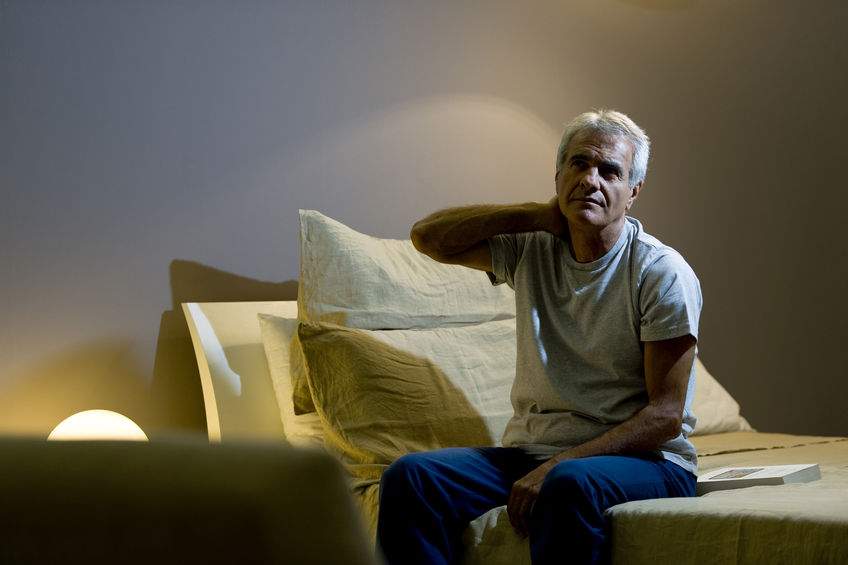Insomnia is often reported by older adults, increasing their risk for dementia and other serious conditions. However, research suggests that the problem may not stem from how many hours spent sleeping but, the overall quality of the sleep obtained each night.
Published online by Journals of Gerontology: Medical Sciences, the study used data from 727 participants in the National Social Life, Health and Aging Project who were randomly invited to participate in an “Activity and Sleep Study.” The participants wore a wrist actigraphy for 72 hours and wrote down information in sleep booklets, which asked questions about their sleep experience regarding sleep quality and duration.
The data collected from the actigraph showed the average time participants ticked in for bed was 7.9 hours, however the time actually spent sleeping was 7.25 hours. Overall, the study contradicts the majority of sleep studies, instead providing evidence that older adults may be sleeping more hours than they are given credit for.
Other results of the study included:
-13% of the older adults reported never or rarely feeling rested upon waking up
-12% had problems falling asleep
-30% said they woke up during the night on a regular basis
-13% indicated they had problems waking up too early without being able to get back to sleep most of the time
“Our findings suggest that reports of what seem like specific sleep problems from survey questions may be more accurately viewed as indicators of general problems or dissatisfaction with sleep that may be due to other issues in their lives affecting their overall well-being,” says Linda Waite, one of the authors of the study. “These survey questions and actigraphy may measure different aspects of sleep experience.”
Regardless of our age, one thing this study has proven for certain, our sleep quality is just important as how long we sleep each night. Commit to making your shut-eye the best it can be for better health, happiness and productivity!


No comments yet.